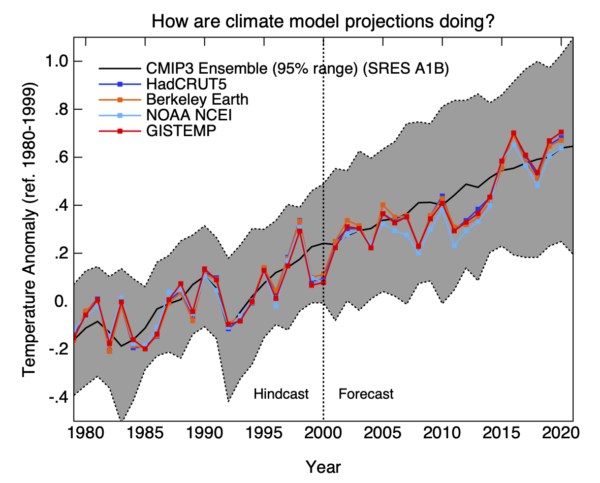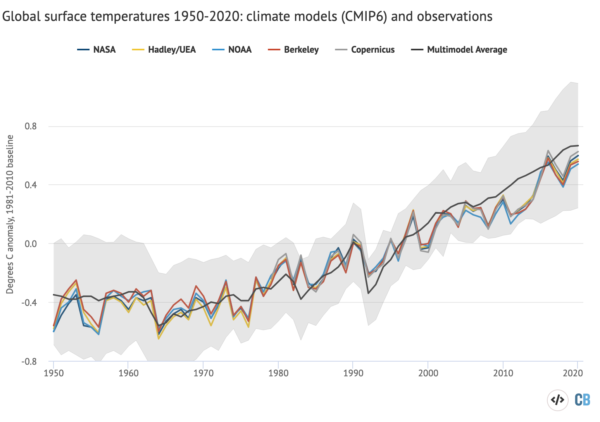The first ever Climate Adaptation Summit (#adaptationsummit) that I have heard about took place last week, on January 25-26. I think such a summit was a step in the right direction. It was adapted to the Covid-19 situation and therefore an online virtual summit streamed on YouTube.
I watched a few of the streamed sessions, and it struck me that climate change adaptation seems to be a fairly new concept to many leaders. It were sometimes mix-ups with mitigation during the high-level talks. Mitigation and adaptation are both important and sometimes they overlap, so mix-ups are understandable.
One important point addressed during the summit was of course financing climate change adaptation, which is promising. Financing is clearly needed for climate change adaptation. To ensure progress and avoid lofty visions without results on the ground, there may also be a need for tangible results and to show examples and demonstrations. One specific type discussed at the summit was “Early warning systems” which play an important role.
But it was not crystal clear what was meant by the concept “early warning systems”. My interpretation is that it involves something on par with weather forecasts which would imply that they are more about weather than climate. This is of course important too. Probably the first priority in many places.
But early warning systems, the way I understand them, don’t provide information about climate risks on longer timescales. Weather and climate – short and long timescales – are of course connected but nevertheless different (“climate” can be viewed as weather statistics). Other examples of climate adaptation can be found in a recent Eos article on food security in Africa. I think it is important to mention maladaptation and avoid long-term problems connected to short-term fixes. Resilience is a keyword.
As with many other summits, I felt that the scientists’ voice was largely missing. There seems to be a gap between high-level politics and science. I think we need a better dialogue between the leaders and climate scientists partly to help distinguish between different and difficult concepts. But the main reason is that we need to know what we must adapt to. We need to know the situation: the state of the climate and how it is changing. This knowledge is not readily downloadable from the Internet.
There are key questions that should involve scientists: What is needed for proper climate change adaptation? And what are the challenges in terms of meeting our objectives? What do we know about future risks? In addition, biodiversity, nature conservation, cultural, social and economic aspects are important.
Data is crucial, but is often unavailable because of lack of sharing and lack of openness. Often due to lacking finance. Information about the regional climate change must be distilled from large volumes of data, and we need to ask what information is useful and how it can be used in the best possible way.
The required analysis is often carried out in climate services and often includes downscaling. It involves tools, methods and understanding that are still evolving with regards to these topics. This fact wasn’t explained clearly during the summit in the sessions I watched. I think it would be useful with a presentation of the state of climate science relevant for climate change adaptation at a high level in the summit. Perhaps science should get an equal amount of attention as the NGOs and the businesses.
Much of the latest research relevant to the climate adaptation summit is coordinated within the World Climate Research Programme (WRCP) which also is setting a new focus on regional information for society (“RifS”). Furthermore, there is considerable scientific experience on adaptation from the Arctic with the fastest climate change on Earth, such as the Adaptive Actions in a Changing Arctic (AACA) report for the Arctic Council.
Climate adaptation involves many communities and disciplines (e.g. weather forecasting, climate services, regional climate modelling, “distillation“, disaster risk reduction) which I think aren’t well coordinated at the moment. One message from the summit was “Let’s work together” which I think implies a better coordination of the different disciplines and communities.




